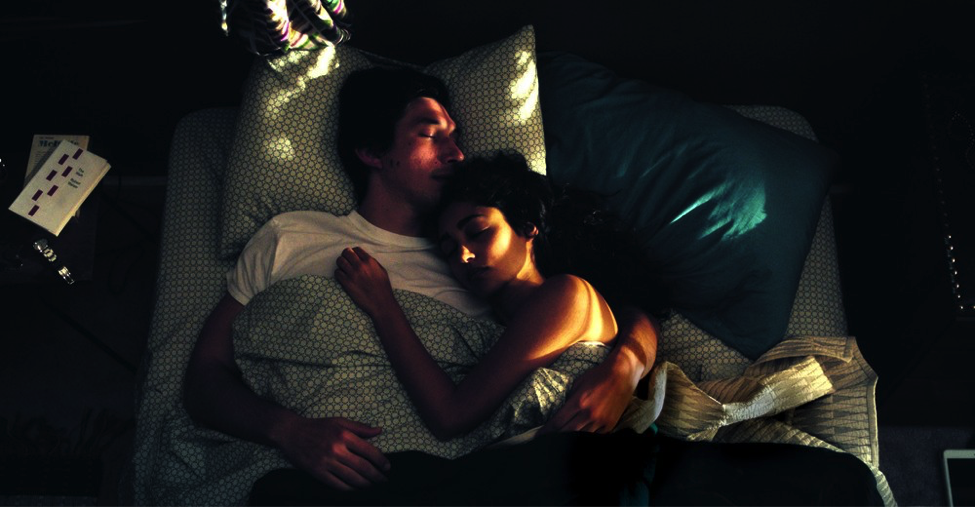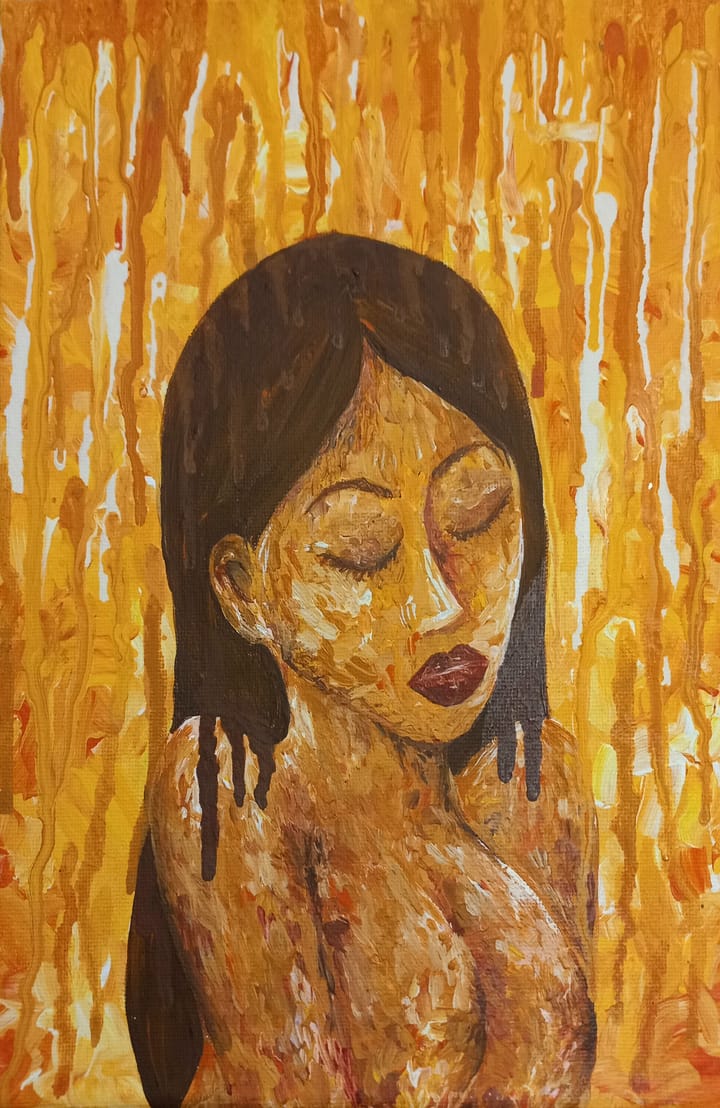In Case You Missed It: Jim Jamusch’s Latest Film, “Paterson”

Although the Oscar buzz around it was not quite loud enough, “Paterson” — coming away with no nominations this year — is a film worth seeing. The film, nominated for Cannes Film Festival’s highest honor, the Palme d’Or, is written and directed by Jim Jarmusch (known for “Stranger Than Paradise,” “Broken Flowers”). It is a mediation on the life, or rather the week, of a poet. Paterson, played by Adam Driver, lives in the city of Paterson, New Jersey with his wife Laura, played by Golshifteh Farahani. Paterson is tied not only to the poetic line, but the bus line. He drives the bus throughout the city, listening to the conversations of various passengers. The words spoken by young boys, elderly women and construction-worker-bachelor types fill the diegetic field as Driver smirks, nodding his head along to their conversational rhythms.
At home, Paterson’s interactions with his b izarrely charming wife Laura are intimate. There is an intimacy that blooms not only between Paterson and Laura but also between the viewer and Paterson. We have the privileged view of his face as it analyzes Laura’s bizarre fascination with black-and-white patterns or her constantly changing career ambitions. Driver’s quiet performance delivers the charmingly complex feelings Paterson has of his wife — she is his muse: delightfully flawed and utterly lovable.
In addition to the relationship between Paterson and his wife, the film focuses on his reactions to the characters that fall into his routine throughout the week. He studies the characters, perhaps for his next poem, but never seems to judge them. He simply recognizes and appreciates them as part of the landscapes he frequents — the chess-loving Doc is always in the comfortable bar that remains unstained by a TV set, while carping co-worker Donny is always seen through the doorway of Paterson’s bus.
The way the film approaches the poems themselves is simultaneously upfront and light-handed. The text of the poems is seen scrawled across the screen, often layered on top of the landscape of the New Jersey City. I’m a horrible poet and therefore in no place to remark on the poetry itself, but I will say that I found it perfectly aligned with Driver’s performance. It is unobtrusive and sincere. Through much of the film, he works on a love poem for Laura that centers on the various brands of matches that they find in their house. Staying true to the delicate tone of Paterson’s poems, the film stays slow and pensive.
The most obvious analysis of the film is that the form of it mirrors a poem. Following Paterson’s week as a poem-spewing bus-driver, the film is very rhythmic. The sequences repeat themselves, with slight departures that keep the film refreshing and, well, poetic. In particular, I loved the slight variations on the wake-up scenes. The sequences essentially consist of Paterson waking up, looking at his watch, sleepily sharing an affectionate moment with his wife, grabbing his uniform and then departing the bedroom for a bowl of cereal. Each element of the rhythm is up for variation, and I never grew tired of watching. One variation I particularly liked was when the camera looks up from the bed, taking on Paterson’s point of view.
Symbolism throughout contributes to the self-reflexivity of the film. The symbols repeat so often that it doesn’t take a keen eye to recognize them, but, impressively, the repetition doesn’t render them cliché or tiring. Paterson continually sees twins around his city, and, I’m probably missing some other significance, but they seem to point a blaring finger to couplet and rhyme or maybe the tortured, delusion-filled mind of an artist? Perhaps more loosely up for interpretation, Paterson’s dog pushes his mailbox into a slant on a daily basis. I took this as an allusion to slant rhyme. (The dog, Nellie, is a star that won the Palm Dog Award at Cannes, by the way). Finally, there is the constant mention of literary and art figures, with special attention paid to those who grew up in Paterson, New Jersey. And there’s a random “Moonrise Kingdom” reference that I won’t spoil for you, because it’s a surprise worth living to the fullest.
In the end, Paterson is tested in a way that eases the tension surrounding artistic disaster. It is sad, yet lighthearted. He is far from the solitary poet in a minefield of downfalls. As Richard Brody writes in his “New Yorker” review, the film excels in combatting the stereotype of the solitary artist. Paterson and his poetry rely on the people around him, and he doesn’t just use them and spit them out — he loves them. Despite Laura’s stylistic choices, the artist’s mind is not so black-and-white.
Paterson is now screening at Amherst Cinema.





Comments ()